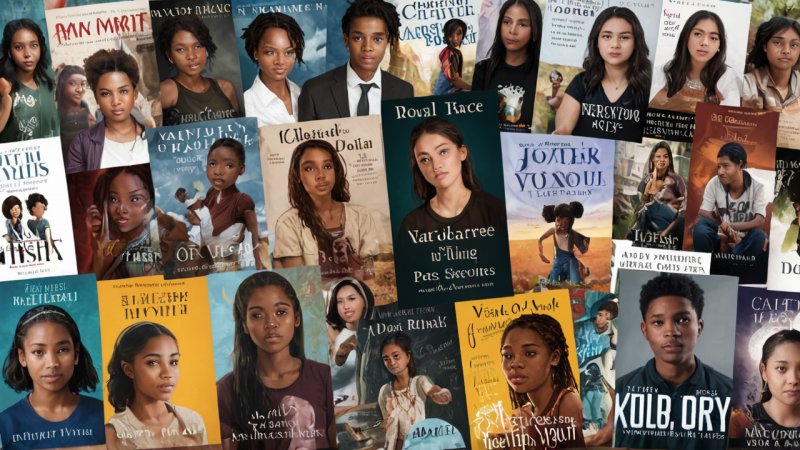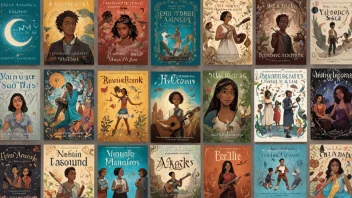The realm of Young Adult (YA) fiction has transcended its initial boundaries, becoming a catalyst for cultural change and exploration. With its relatable characters and engaging narratives, YA literature addresses the complexities of adolescence while challenging societal norms and sparking dialogue around contemporary issues. This genre not only captivates young readers but also influences the broader cultural landscape, shaping attitudes and aspirations in a diverse and ever-evolving society.
One of the most remarkable aspects of YA fiction is its ability to address difficult topics that resonate with today’s youth. Many authors tackle issues such as mental health, bullying, sexuality, and social justice, encouraging readers to confront these subjects head-on. For instance, novels like 'Thirteen Reasons Why' by Jay Asher delve into the intricacies of mental health and suicide, igniting conversations about the importance of empathy and support within communities. Such narratives empower young readers to express their feelings, seek help, and understand the experiences of others, contributing to a culture of awareness and acceptance.
Furthermore, the representation of diverse identities in YA literature has played a significant role in shaping cultural attitudes. Books like 'Simon vs. The Homo Sapiens Agenda' by Becky Albertalli and 'The Hate U Give' by Angie Thomas present authentic portrayals of LGBTQ+ characters and characters of color, respectively. These stories challenge stereotypes and promote acceptance, allowing readers to see themselves reflected in literature. As these narratives gain traction, they encourage conversations about diversity and inclusion, both in literature and beyond, ultimately fostering a more inclusive culture.
The impact of YA fiction extends beyond the pages of books; it has influenced various forms of media, including film, television, and even music. The adaptation of popular YA novels into blockbuster films has generated immense interest in the genre. For instance, 'The Hunger Games' series not only captivated audiences with its thrilling plot but also sparked discussions about themes such as power, rebellion, and societal structures. As these stories reach wider audiences, they contribute to a shared cultural understanding of the issues they portray, bridging the gap between literature and real-world experiences.
Moreover, YA novels often serve as a voice for the youth, inspiring movements and encouraging activism. Books centered around social justice, such as 'Dear Martin' by Nic Stone, encourage readers to engage with their world, challenge injustices, and advocate for change. This empowerment resonates beyond the pages, motivating young readers to become active participants in their communities and advocates for causes they believe in. As these narratives encourage youth to take action, they foster a culture of activism and responsibility that can lead to meaningful societal change.
In summary, YA fiction serves as more than just entertainment; it is a powerful instrument for cultural change and exploration. Through its exploration of pressing societal issues, representation of diverse identities, and influence on various media, YA literature shapes cultural attitudes and inspires young readers to engage with the world around them. As the genre continues to evolve, its potential to drive change and inspire future generations remains limitless.
YA Novels: A Catalyst for Cultural Change
Explore how Young Adult (YA) fiction serves as a catalyst for cultural change, engaging with contemporary issues and diverse identities.






